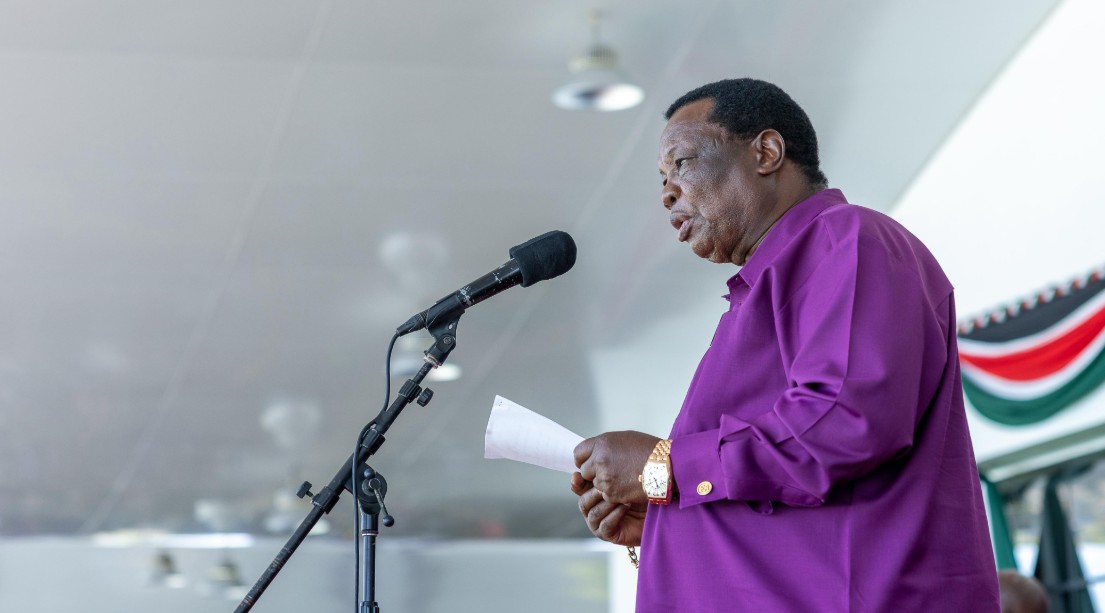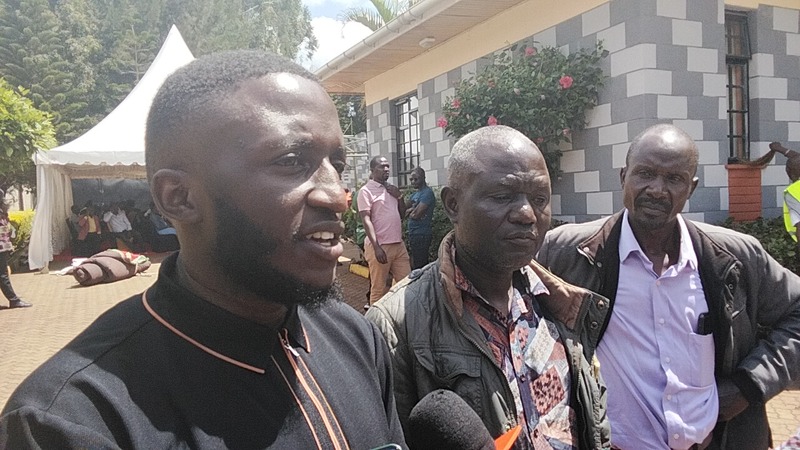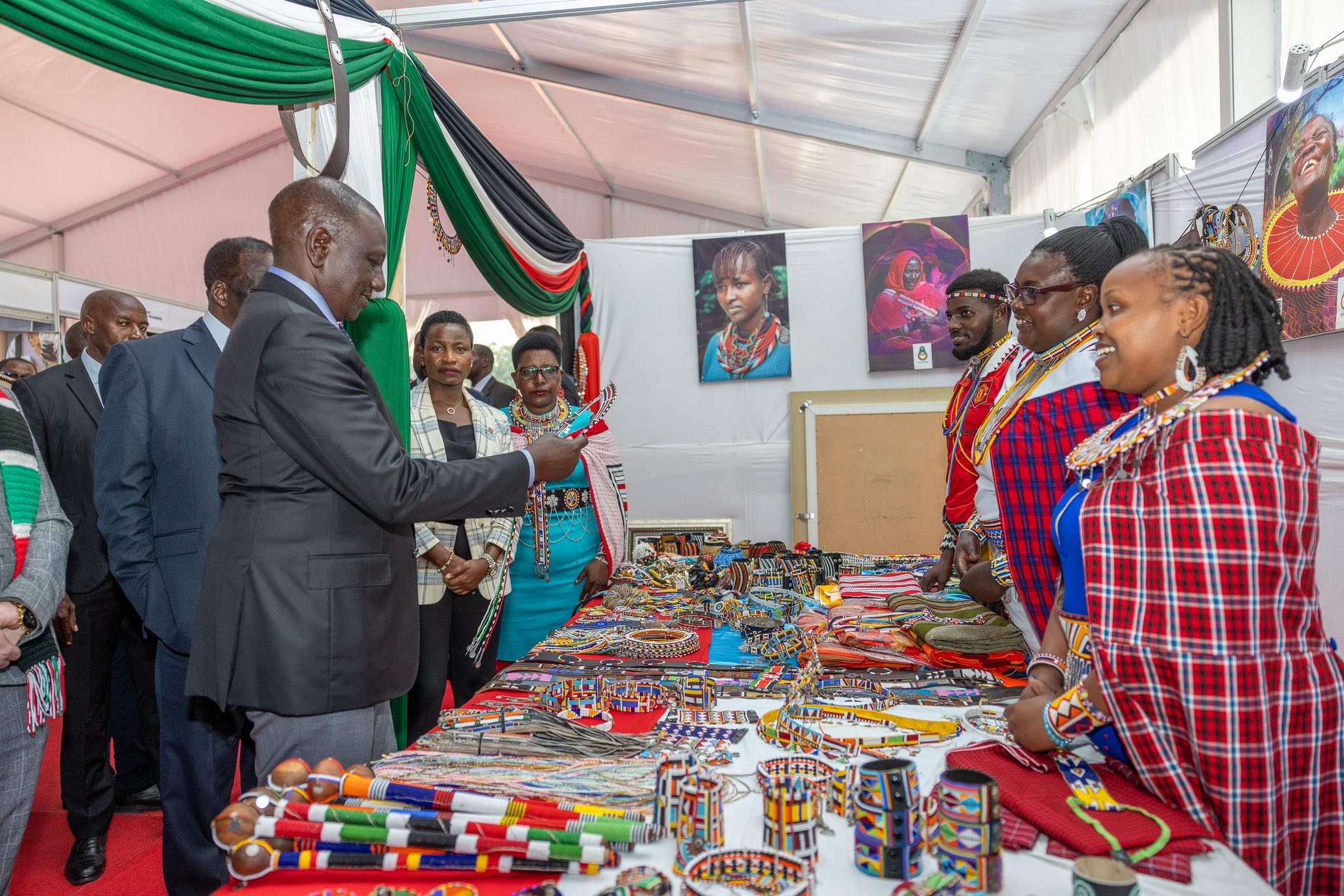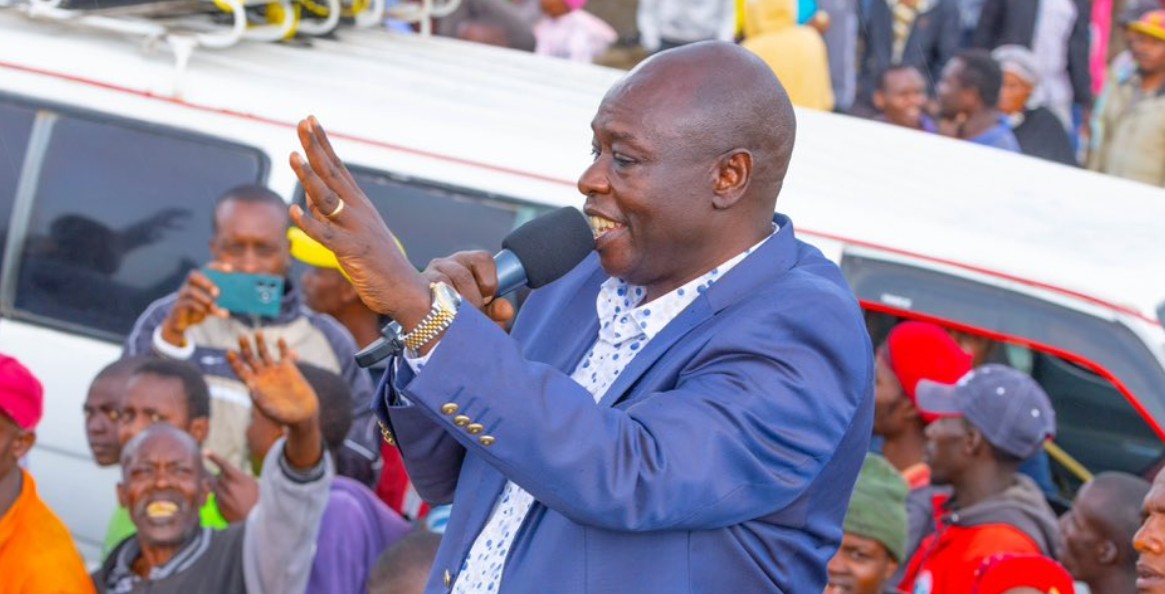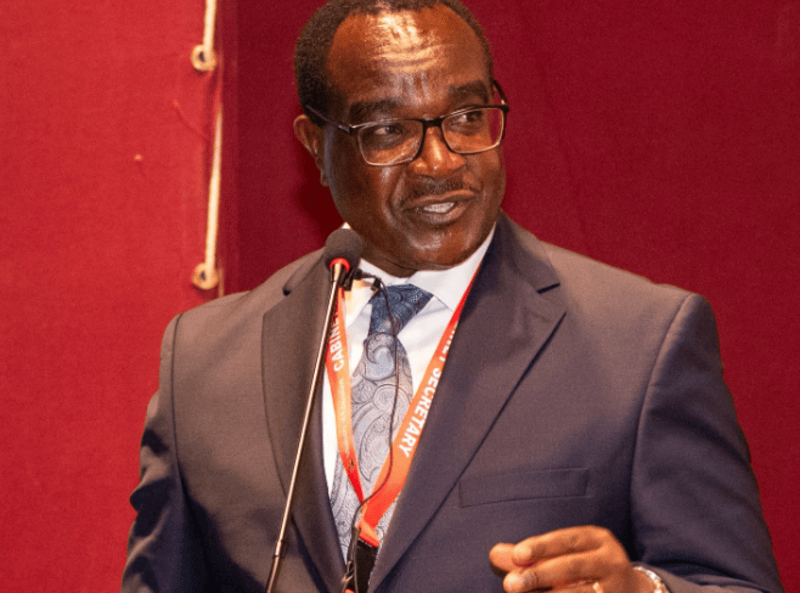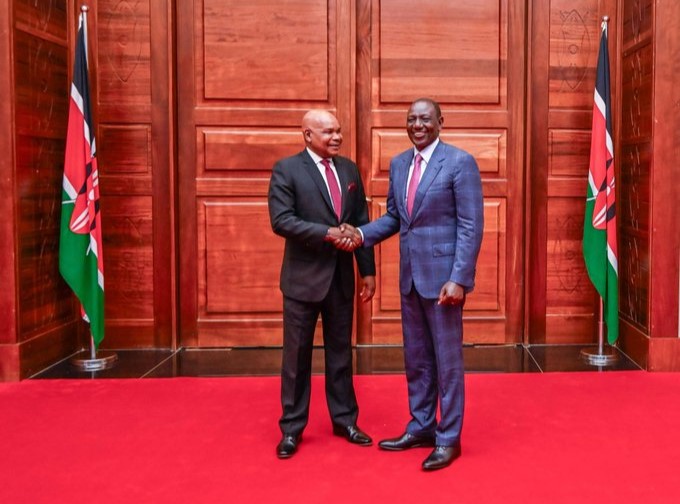National Assembly given 21 days to review proposed changes to two Bills Ruto declined assent
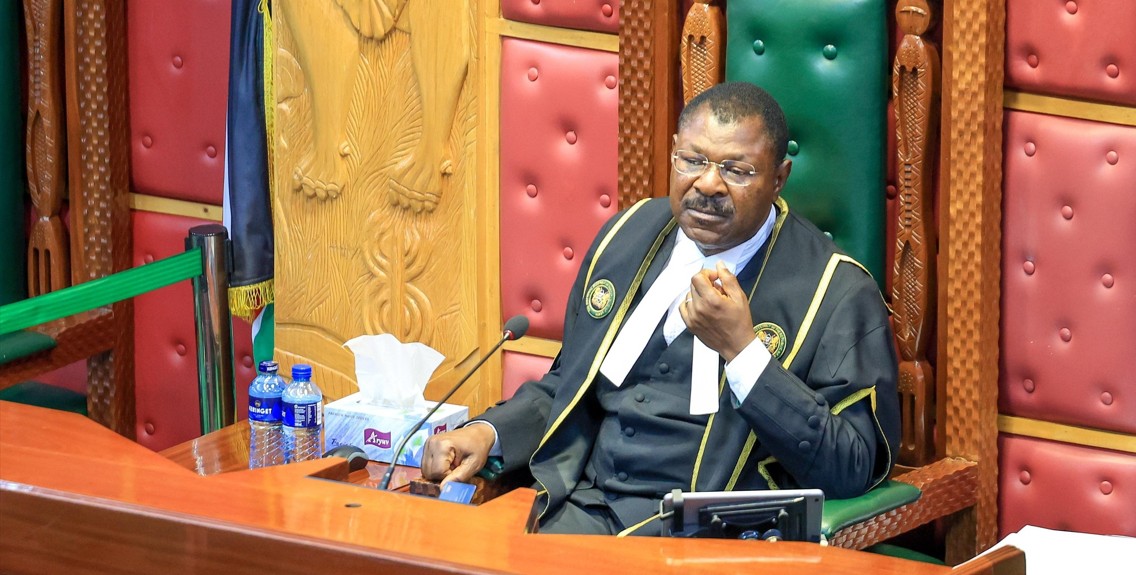
Speaker Wetang’ula referred both memoranda to the Departmental Committee on Justice and Legal Affairs for review.
National Assembly Speaker Moses Wetang’ula has formally communicated to the House the return of two key Bills from President William Ruto, who declined to assent to them and instead submitted a memorandum outlining his reservations.
The two Bills are the Anti-Money Laundering and Combating of Terrorism Financing Laws (Amendment) Bill, 2025, and the Conflict of Interest Bill, 2023.
More To Read
- National Assembly suspends bill granting Sh15bn tax exemptions to 14 firms
- High Court to hear case seeking removal of Speaker Wetang’ula on July 10
- Showdown looms as senators demand more funds for counties, National Assembly disagrees
- Sh50.5 billion in limbo as Senate, National Assembly fail to agree on county funds
“Pursuant to the provisions of Standing Order 42, I wish to report to the House that I have received two Messages from His Excellency the President regarding the referral of the following Bills to Parliament for reconsideration,” Wetang’ula told the House on Wednesday.
In his first message, the President returned the Anti-Money Laundering Bill to the National Assembly, citing reservations on Clause 3.
According to Ruto, Clause 3(2), which seeks to limit the tenure of the principal office holder at the Financial Reporting Centre to a non-renewable six-year term, creates conflict with the constitutional governance framework for independent offices.
“The proposed framework does not fully take cognisance of the constitutional framework governing independent office holders under Chapter 15 of the Constitution, such as the Auditor-General, the Comptroller of Budget, and the Director of Public Prosecutions,” Ruto noted in his Memorandum.
The President said the proposed tenure arrangement would stretch up to 10 years, which exceeds the constitutional maximum of eight years.
As a solution, Ruto recommended a new transitional clause.
“Any existing office holder appointed under section 25 of the Proceeds of Crime and Anti-Money Laundering Act will complete their tenure under the provisions applicable at the time of their appointment,” he said.
The President also returned the Conflict of Interest Bill, 2023, raising concerns over clauses 2, 5, 6, 8, 12, 16, 17, 18, 20, 30, 31, and 35. He proposed several amendments aimed at strengthening the Bill’s integrity framework and enforcement.
On Clause 2, Ruto expressed concern over the lack of definitions for the words “family” and “relative,” saying this gap could allow public officers to bypass restrictions by using their relatives as proxies.
“Public officers can bypass conflict of interest restrictions by using family members and relatives as proxies, thereby compromising the integrity of the conflict of interest framework,” Ruto noted.
To fix this, the President recommended adding clear definitions. He proposed defining “family” to include a public officer’s spouse, dependent child or parent, among others.
He also proposed defining “relative” as someone related by birth, marriage, adoption or affinity, and introducing the term “undeclared asset” to refer to any property not disclosed in required declarations.
Going further, in Clause 5, President Ruto disagreed with the provision giving both a reporting authority and the Ethics and Anti-Corruption Commission the power to administer the Act. He argued this contradicts Article 79 of the Constitution.
“Granting an institution other than the Ethics and Anti-Corruption Commission the power to administer the Act would be inconsistent with Article 79 of the Constitution,” the President wrote.
He recommended that the clause be changed to give the Ethics and Anti-Corruption Commission the exclusive mandate.
Speaker Wetang’ula confirmed that the Anti-Money Laundering Bill, which was passed by the National Assembly on April 16, 2025, had been presented to the President for assent, as required by Article 113 of the Constitution.
Similarly, the Conflict of Interest Bill, which went through mediation and was passed by both Houses, was submitted to the President on April 17, 2025.
Both Bills were sent back to Parliament under Article 115 of the Constitution.
“This House is therefore required to consider the President’s Reservations to the specified clauses in respect of each Bill. Standing Order 154(2) requires the House to consider the President’s Reservations within twenty-one days upon receipt of the memorandum,” Wetang’ula told the House.
He referred both memoranda to the Departmental Committee on Justice and Legal Affairs for review.
“The Committee should prioritise the Bill and table its report soonest to allow this House to consider the President’s Reservations within the said timelines,” he said.
Top Stories Today



